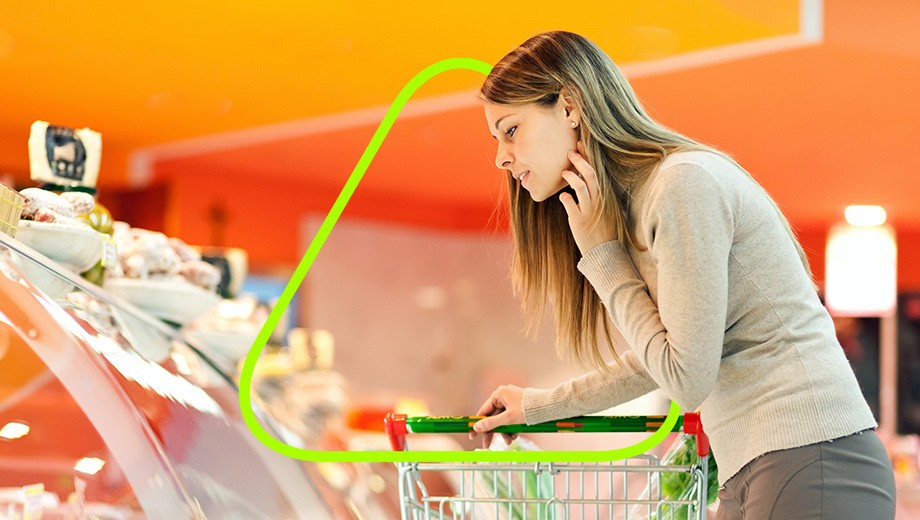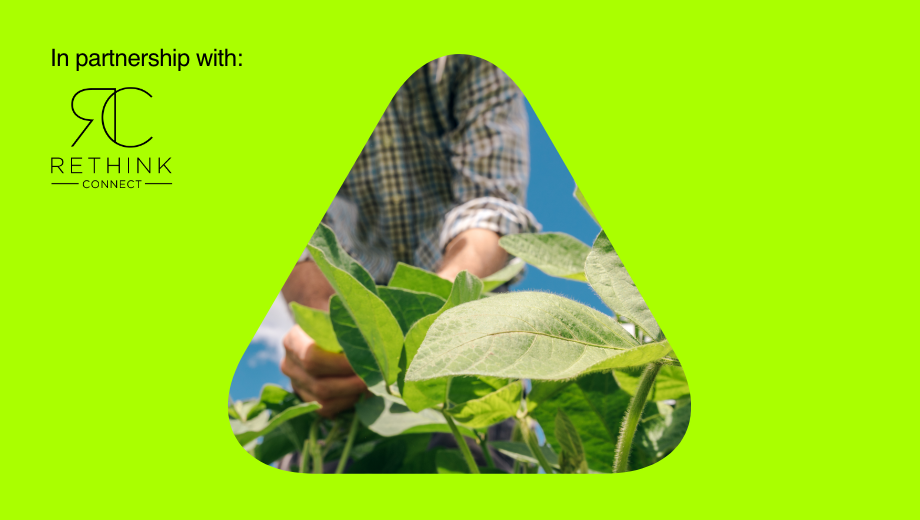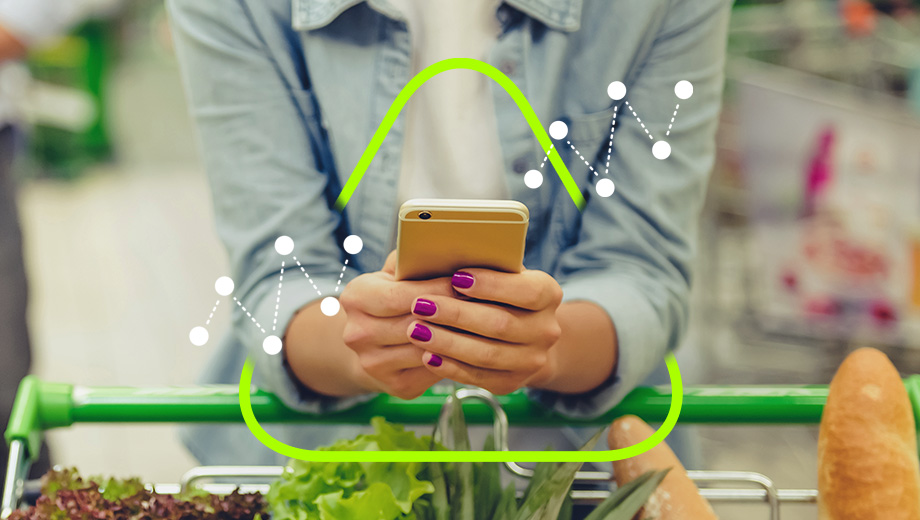AMI Smart Packaging - Hamburg & FachPack - Nuremberg
Peter Jackson, RFID Market Development Manager
As consumers become more aware of the products they eat, food producers and brands are looking for smart and sustainable packaging alternatives that respond to their needs and have a positive effect on their supply chain and ultimately the environment.
At Smart Packaging and FachPack 2019 editions, the common consensus was the need and urgency to integrate and fully scale smart packaging into the food industry. Attendees included leading global consumer brands, established packaging companies, groundbreaking tech start-ups. The food packaging industry is changing rapidly, the requirement and adoption of Smart Packaging accelerated dramatically in the last 9-12 months.
Most recently, exciting product developments have made an impact on how scalable smart packing can be, including low cost alternatives that can extend a products shelf life, freshness and appearance; product innovations like Stixfresh extend the life of fresh products by days, while Mimica offers a low cost freshness indicator, and, similar to RFID technologies, it is addressing the most pressing issue for the industry- to reduce waste, maximise the product shelf life and consumers safety. Packaging experts believe that cost is not the driving factor today, but rather how can Smart Packaging can enable supply chain efficiency by capturing and providing ‘big data’ to producers and grocers, reducing food waste and ultimately adding value to the consumer experience - recent stats show that 73% of consumers would pay more for a sustainable product.
RFID Integrated smart packaging is a step forward to enable digitalisation in the food industry, Intelligent labels have proven a reliable, scalable, accurate solution and able to add value to every stage in the products journey from ‘Farm to Fork’. While JanelaTM Smart Platform enables a 1:1 conversation between the brand and consumer through the product itself. Combining ingredient information stored within the intelligent label on the product and personalised consumer information.
Avery Dennison’s is committed to innovation, and introduced new RFID tags including WaveSafe™ the microwave safe tag and On-metal/ liquids tag having been launched this year, this means all products within a grocery store can be tagged with confidence.
Implementing RFID enabled Smart Packaging lays the groundwork for future sustainability: We believe that, over time, the data collected through RFID-enabled supply chains will enable producers to optimize the food supply for demonstrated demand and reduce waste upto 20%.



